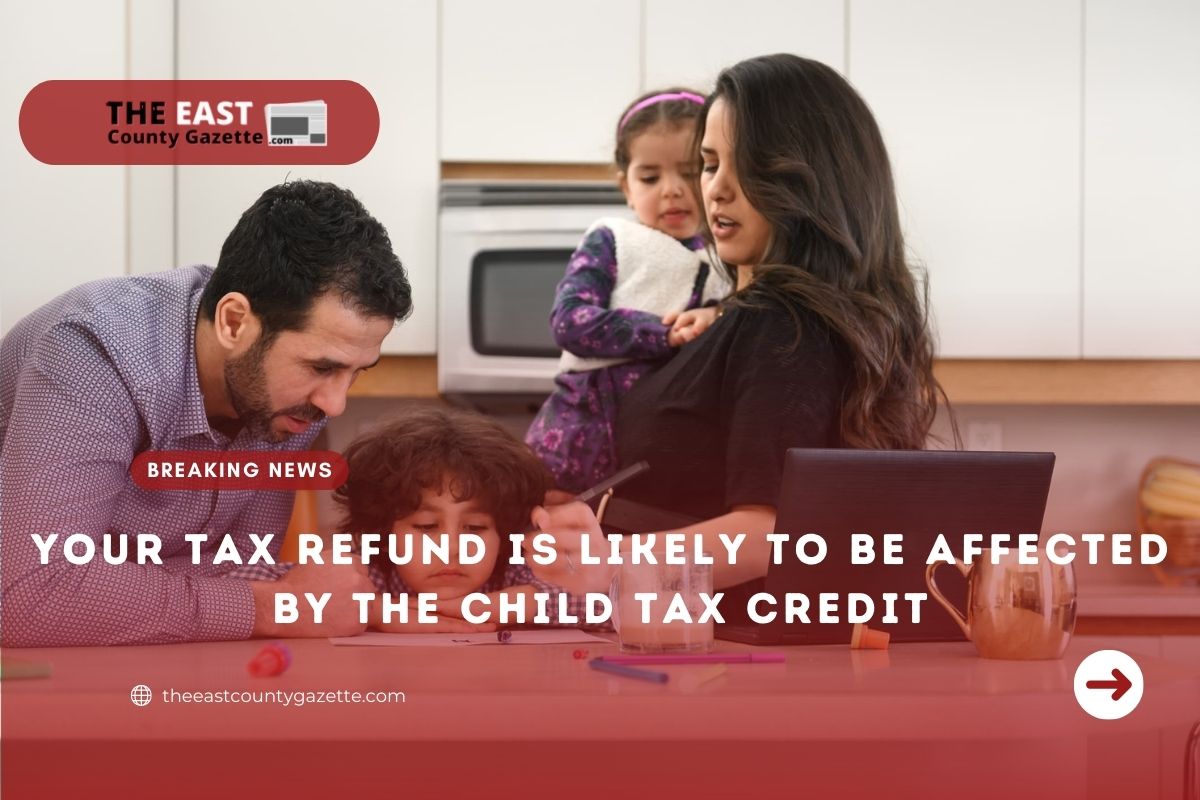The income from enhanced Child Tax Credit payments received in 2021 will have to be included on income tax returns this year for any taxpayers eligible.
Due to income or family changes that occurred last year, they may receive a smaller or larger refund.
However, most taxpayers will not see a significant increase in their tax refunds, according to GoBankingRates.
President Joe Biden signed into law the $1.9 trillion American Rescue Plan last year, which enhanced CTC benefits. During the latter half of 2021, eligible families could receive monthly CTC payments as part of that bill.
Families would receive a half advance on the total amount.
It is now necessary for families to file 2021 tax returns to receive the second half of the benefit.
GOBankingRates previously reported that adjustments to your income or family status (for example, adding a child to your household) in 2021 may impact your refund. You might end up with a lower refund or even owing money if your income rose so much that it reduced or eliminated the CTC amount.
“There will be a reconciliation,” said Trenda Hackett, tax and accounting editor at Thomson Reuters.
“There could be some instances where your payment was in excess of what you were actually allowed on your tax return.”
Alternatively, if your income declined, or if you added a new dependent during the year, you may have been eligible for a bigger credit than what you actually received. That credit should be reflected in your refund as well.
However, the majority of families will probably fall somewhere between the two, meaning their refunds won’t be affected much either way.
Read More: Amazon Increases the Cost of Its Prime Membership on Annual Plans Up to $20
CNBC reported that even families that overpaid in monthly CTC payments could be eligible for IRS repayment protection that would spare them from getting a bill.
When filing jointly with a spouse or as a qualified widow, those who have an adjusted gross income of $60,000 or less in 2021 will be completely exempt from repayment.
The AGI for single filers who file as head of household must be $50,000 or less, or $40,000 or less if they are married and filing separately.
As married filing jointly or widowed, you will not be eligible for repayment protection if your 2021 AGI was $120,000. In the case of a single filer or a married couple filing separately, the maximum is $100,000 or $80,000.
Be on the lookout for Letter 6419 from the IRS if you received the CTC benefit.
By doing this, you will be able to make sure you claim the correct amount this year and reconcile what you got in 2021.
Check the IRS online portal to see what payments you received if the letter is incorrect or if you didn’t receive it.

